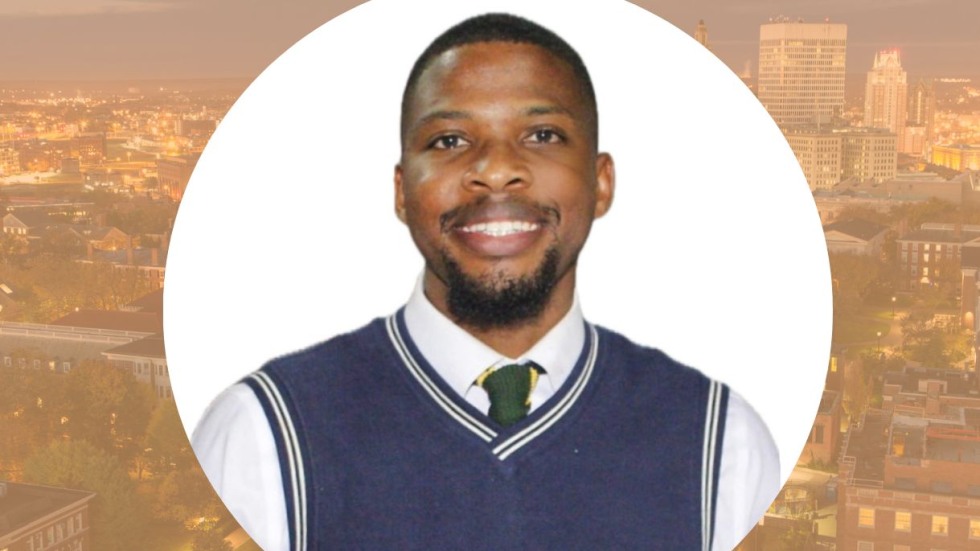Jacques Lesure, Visiting Assistant Professor of Education, is developing a new undergraduate Community-Based Learning and Research (CBLR) course launching this spring: EDUC 1015: Reimagining Power: Community-Driven Evaluation and Education. CBLR courses use the resources, skills, and knowledge of the university to partner with communities on shared challenges. Lesure describes the goals of CBLR courses as “creating mindful, intentional collaborations that rethink academic responsibility beyond individual gain but also through the lens of reciprocity and positive societal change.” They encourage students, faculty, and staff, he explained, “to critically examine the role of higher education in engaging with the community, ensuring that their work does not reproduce harm or power relations that stifle transformation.”
With support from Swearer Center’s Community Engaged Data and Evaluation Collaborative, the course explores how to use culturally responsive approaches to evaluate the effectiveness of social programs in partnership with three Providence organizations serving young people: a career and leadership development nonprofit; an academic and social-emotional learning support organization; and a student-run refugee youth tutoring initiative. Students will use the methodological approach of Culturally Responsive and Equitable Evaluation that centers issues of power, identity, and bias in its approach to evaluation. Lesure believes this approach challenges traditional notions of objectivity, allowing for deeper understandings of the unique contexts of the communities his students will be working with. Students in the course will work with the organizations to develop a theory of change, learn qualitative data collection and analysis, and build evaluative capacity.
Lesure emphasizes that “community partners, who often lack time, staff, and resources, gain from having dedicated student support for evaluation projects, helping them advance their missions more effectively while providing practical learning opportunities.”
Lesure explains that “working with local Providence organizations gives students the opportunity to move beyond academic case studies to real-world and hands-on experiences. Students often focus on individual achievements like grades, but these partnerships push them to collaborate on shared missions with real people and real challenges.”
Through the course, students will develop critical reflexive skills, learning to evaluate their own identities and biases to better serve the communities they engage with. “They will gain practical experience in program evaluation, particularly for those interested in education research and/or community-based careers,” Jacques pointed out, “equipping them with tools to work collaboratively and effectively in diverse settings.”
This course aligns closely with the department’s commitment to community-engaged teaching. "Education is a field that is always thinking about real-world implications," Lesure says. “The department’s faculty, along with its connection to the Annenberg Institute, strongly support experiential learning that connects theory to practice.”
As he looked forward to the semester ahead, Lesure envisions the course’s impact on students’ understanding of community issues in Providence. "Many students don’t fully engage with the Providence community or cross the river, down the hill into neighborhoods where amazing work is happening," he said. “This course will broaden their understanding of the local community’s resilience and ongoing efforts, fostering a deeper appreciation for the challenges and triumphs happening around them.”
